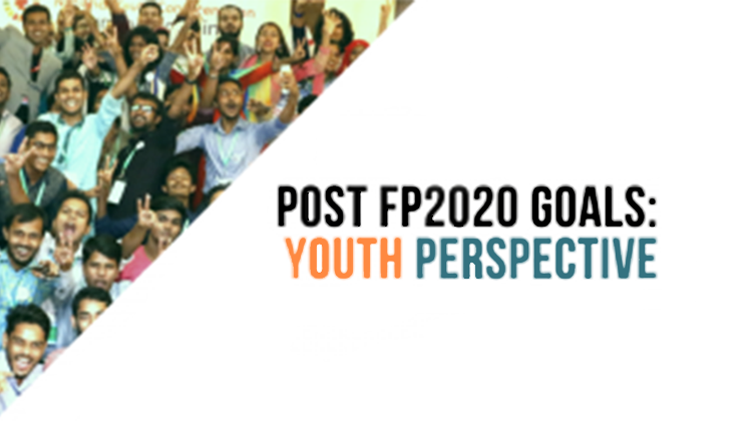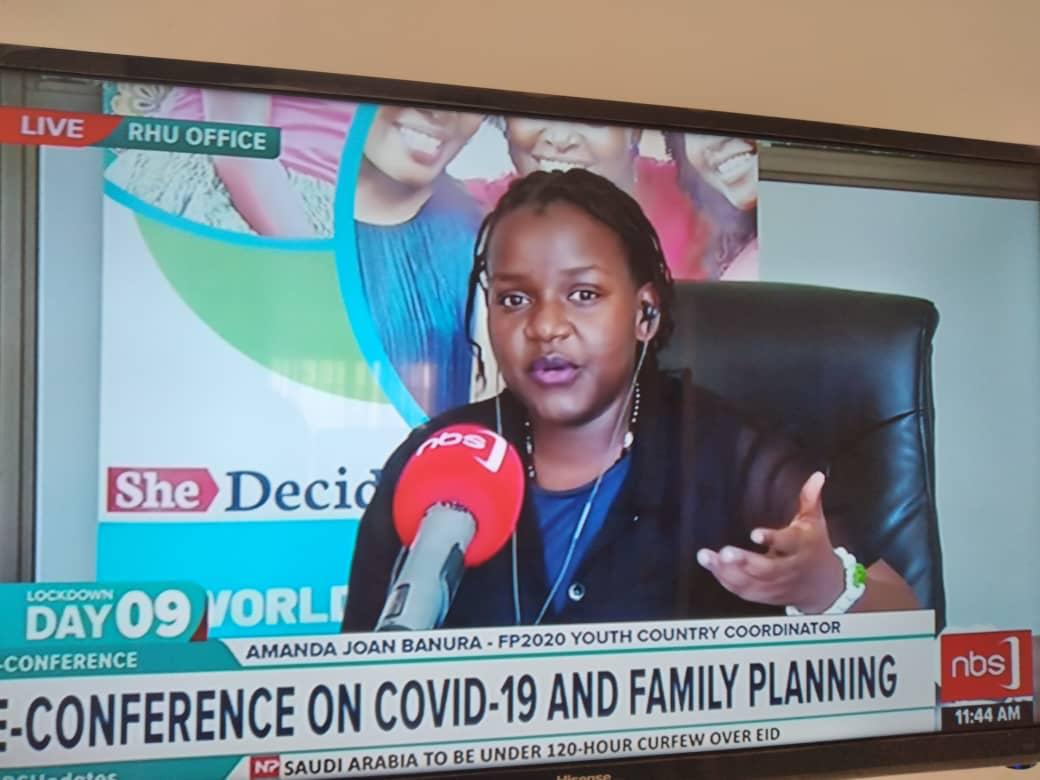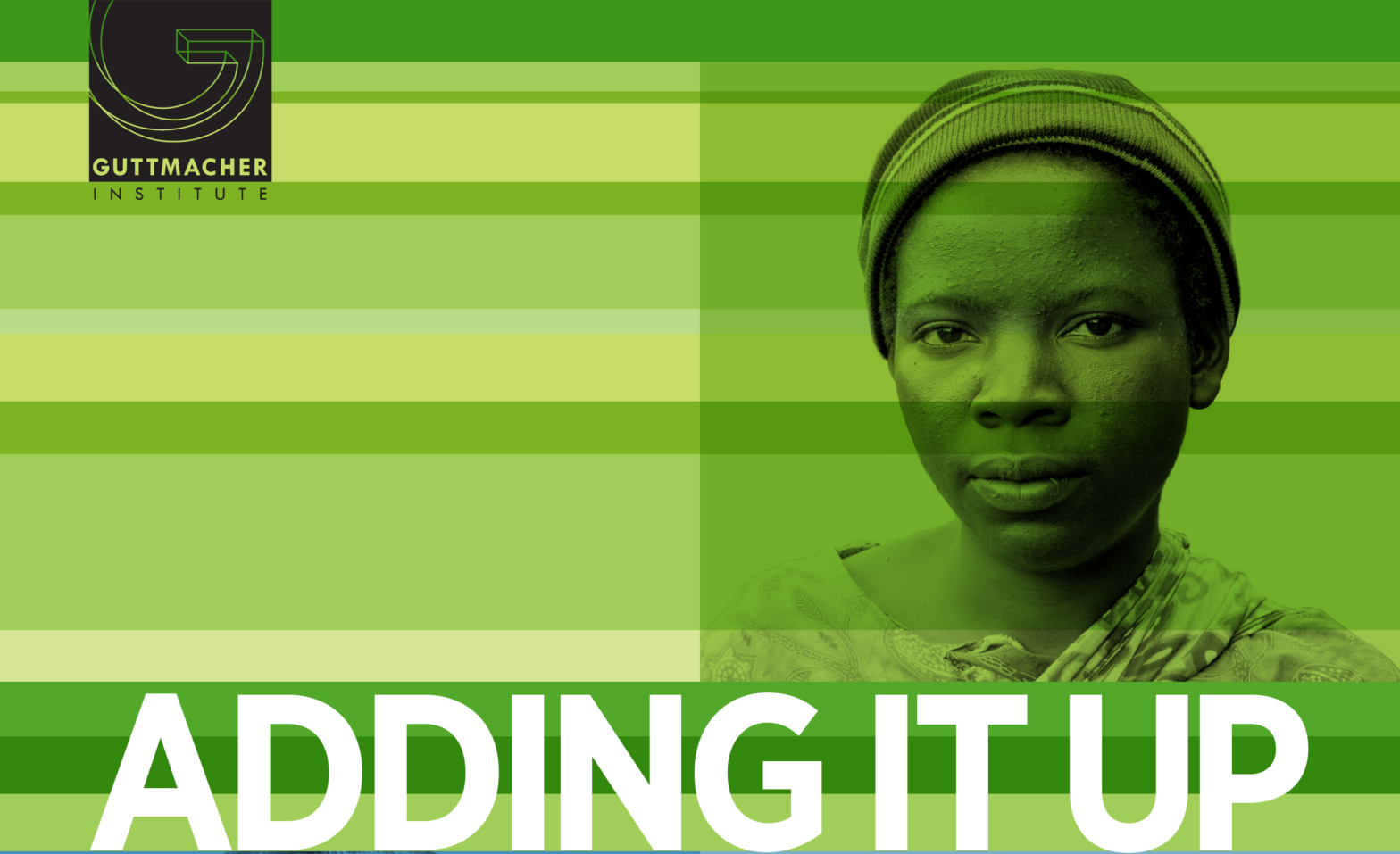“The world is at risk of losing millions of women and children due to reductions in coverage of essential services, reversing hard-earned progress towards the SDGs [Sustainable Development Goals] to date and posing catastrophic consequences for households and communities,” said Dr. Koki Agarwal, Project Director of the United States Agency for International Development’s (USAID) MOMENTUM Country and Global Leadership award, at a recent event on the importance of ensuring continuity of maternal, newborn, and child health services, voluntary family planning, and reproductive health care during the COVID-19 pandemic. The event was the first in a series of virtual country knowledge exchange discussions organized by USAID’s MOMENTUM Country and Global Leadership, led by Jhpiego and partners.
Category: In the News
Senegal Leads the Way through a “Peer Assist”
In response to challenges faced by Chad in the process of developing a Global Financing Facility (GFF) investment case, FP2020, in partnership with the Knowledge SUCCESS project, facilitated a peer assist dialogue session via Zoom that allowed experts from Senegal to share their experiences around the process and to make key recommendations.
Identifying Inequity in Family Planning Programs at National and Subnational Levels: A New, Replicable Approach
Despite improvements in family planning programs, millions of women are still not receiving quality information and services. Among these women are adolescents, the least educated, ethnic and religious minorities, and others whose disadvantages are unfair and unjust. Better directing information and services for those who need them most across the essential elements of care—the availability, accessibility, acceptability, and quality of information and services—could not only bolster uptake, but also address longstanding inequities and improve allocative efficiency.
Match Words with Action: Dramatic Shift Needed in Funding and Partnerships with Youth-led Organizations
On International Youth Day, there will be a lot of talk about meaningful youth engagement (MYE) – a shorthand way of referring to all the steps needed to achieve equitable partnerships with young people. The fact that many donors, iNGOs, and other decision makers are identifying meaningful youth engagement as a priority for their organizations is one sign of progress. However, many partners in the FP2020 community, especially youth partners, are asking: Is there depth to these discussions? Is there real action toward making young people equitable partners in their work?
Youth Centric Participatory FP2030 Goals Demanded
Family planning remains one of the top priorities in the Bangladesh’s 4th Health Sector Programme 2017-2021, as a path toward achieving the Sustainable Development Goals. Bangladesh has prioritized implementing the national action plan for postpartum family planning, reducing social and geographical disparity through providing regional family planning packages in Sylhet and Chittagong divisions, and addressing unmet needs among adolescents and youth by operationalizing the national adolescent health strategy.
The COVID-19 pandemic is another barrier to HIV/FP integration. We can’t let that stop us.
The ECHO trial demonstrated the urgent need for investment in woman-centered programs that offer a full range of contraceptive choices and HIV prevention strategies at the same site, time, and with the same provider, and through an approach that is centered on women’s informed choice.
COVID-19 Could Set Back Decades on Family Planning Progress in Uganda and Beyond
COVID-19 remains one of the fastest-growing public health concerns across the globe. Ever since the virus was declared a pandemic by the World Health organisation, it has disrupted the status quo of governance systems and access to family planning information and services has not been spared.
Provision of Essential Sexual & Reproductive Health Care Would Reduce Unintended Pregnancies, Unsafe Abortions & Maternal Deaths
An affordable package of services—$10.60 per person per year, or $4.80 more than current costs—would address stark gaps in care in low- and middle-income countries
Did You Miss FP2020’s Webinar on “Exploring Digital Platforms for Family Planning during COVID-19”?
FP2020's webinar on digital health for family planning during the COVID-19 pandemic brought together presenters from a variety of projects, all of which are leveraging technology to meet the needs of their clients in new ways. Missed the webinar? Knowledge Success has provided a recap.
"Connecting Conversations" Series Launches
Setting the Stage for Understanding and Investing in Adolescent and Youth Reproductive Health









